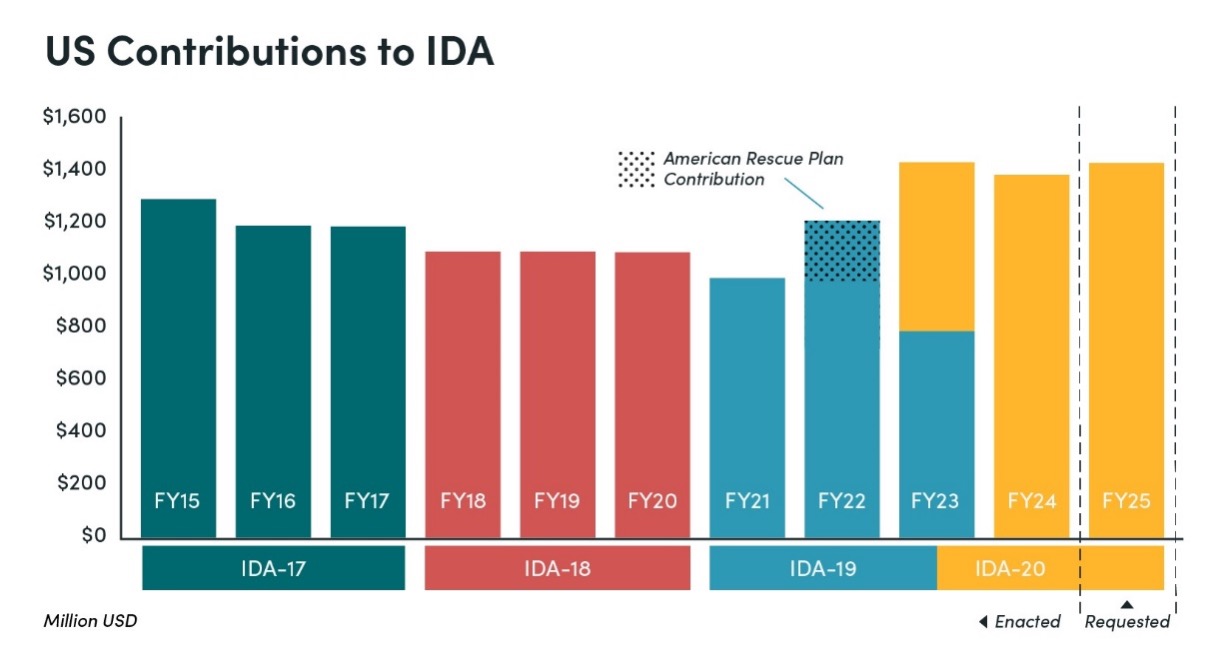Earlier this week, Secretary of State Hillary Clinton withstood a grueling marathon of Congressional committee hearings in defense of the FY2013 international affairs budget request. As expected, the briefings ran the gamut of U.S. priorities in national security and foreign policy, touching on everything from U.S. engagement in the frontline states to crises in Egypt, Iran, and Syria, to cuts to PEPFAR and procurement reform. Our team was eager to pull what development nuggets we could from all nine hours of the proceedings.
The Big Picture: Budget austerity was a common theme. Members of Congress were quick to remind the administration that the country faces record deficits and a persistent economic crisis. Reining in spending was on the minds of many. On the other hand, most Congressional leaders were fairly even handed when questioning the Secretary. Reps from both sides complemented Clinton on her hard work and dedication. It was also encouraging to hear enthusiastic members from both sides of the aisle acknowledge the importance of our foreign engagement and commitments abroad. For her part, Secretary Clinton was quick to remind the committees that the international affairs account remains at less than 1 percent of the total budget and that State and USAID are still working hard to squeeze every dollar’s worth of efficiency out of their spending.
MENA: The FY13 request sets aside $770 million for a new Middle East and North Africa (MENA) Incentive Fund that would tie assistance in Arab Spring countries to democratic, institutional, and economic reforms. But members of Congress were curious, if not skeptical, of the efficacy of the new proposal which has almost no restrictions on how it can be used. Secretary Clinton skillfully defended the fund by reminding the members that a similarly flexible pot was utilized in 1989 after the fall of the Soviet Union. At that time, $1 billion alone was set aside for Poland and Hungary. She assuaged concerns by emphasizing that the fund would only support credible proposals validated by rigorous analysis and by Congress. Nevertheless, the MENA fund is still vulnerable to future scrutiny as Congress loathes the sight of big pots of money that remain unobligated.
Frontline States: These were a hot button issue during the hearings, especially now that our military is readying to pull most of its forces out of the region. Congressional leaders were primarily concerned about off ramps – how the administration plans on easing into the civilian transition, what resources that might save, and whether diplomacy and development are ready to take center stage in these countries. Secretary Clinton called it “right-sizing” and stressed that as our civilian presence ramps up, we would remain committed to providing economic and governance assistance to our frontline partners. In Afghanistan, she highlighted major foreign assistance gains in health, education, energy, and infrastructure. In Pakistan, she reemphasized our commitment to working with the Pakistani government on a host of issues including enhancing the country’s energy sector.
Global Health: Congressional leaders seemed alarmed by reductions in global health spending and raised specific concerns over the administration’s ability to meet its commitments to its PEPFAR goal of placing 6 million people on life-sustaining treatment by 2013. Secretary Clinton assured the committees that cuts would be balanced by consolidating programs, finding efficiencies, improving partners’ capacity, and shifting more responsibilities to host countries. She also praised PEPFAR’s efforts to bring down drug costs and leverage support from multilateral donors like the Global Fund, which received an increase in the request. However, it’s unclear whether or not recipient countries will actually have the capacity to take on greater local ownership of programs, or if PEPFAR targets are still on track.
Aid Reform: Secretary Clinton and Administrator Shah were applauded for their progress on reforming foreign assistance, particularly for their efforts to fix outdated procurement rules and foster greater country ownership. Giving praise to Administrator Shah’s leadership, the Secretary lauded the USAID Forward agenda to eliminate duplication and redundancy; enhance IT platforms; and improve coordination between State and USAID. Specifically, she touched on USAID’s strong-suits under Shah’s watch: monitoring and evaluation, and delivering measurable results. Finally, to allay the fears of budget hawks, she emphasized USAID’s commitment to the principles of sustainability and country ownership.
Selectivity and Focus: Congressional leaders expressed concern over cuts to foreign assistance in the Western Hemisphere and the Europe, Eurasia, and Central Asia (AEECA) account. Secretary Clinton emphasized the need to shift resources to meet priorities, an effort which we applaud the administration for undertaking. Given Europe’s record of growth and stability, we say good riddance to many of the outdated aid programs in the region. In Latin America, where the ratio of operating expenses to program costs is high, reductions in assistance funding seem logical as well.
Multilateral Aid Review: Perhaps the most unintentionally wonky question of the hearings was voiced by Senator Lee who asked whether or not the U.S. had engaged in a DfID like “value for money” multilateral aid review of our funding to multilaterals. Secretary Clinton submitted the question for review, but not before claiming the U.S. had undertaken multiple “independent, high level reviews” of our multilateral engagement. To our knowledge, the U.S. government has never completed a “DfID-like” review of multilaterals, even though we’ve asked them to.
These hearings are just the beginning of what promises to be a long year of budget negotiations between the administration and Congress over the foreign assistance account. If you’ve enjoyed this installment, stay tuned for next week when administrator Raj Shah goes to bat for USAID in another round of Congressional hearings. Expect more thoughtful analysis from Rethink as we continue to bring you in-depth coverage of the 2013 budget.
Disclaimer
CGD blog posts reflect the views of the authors, drawing on prior research and experience in their areas of expertise. CGD is a nonpartisan, independent organization and does not take institutional positions.





